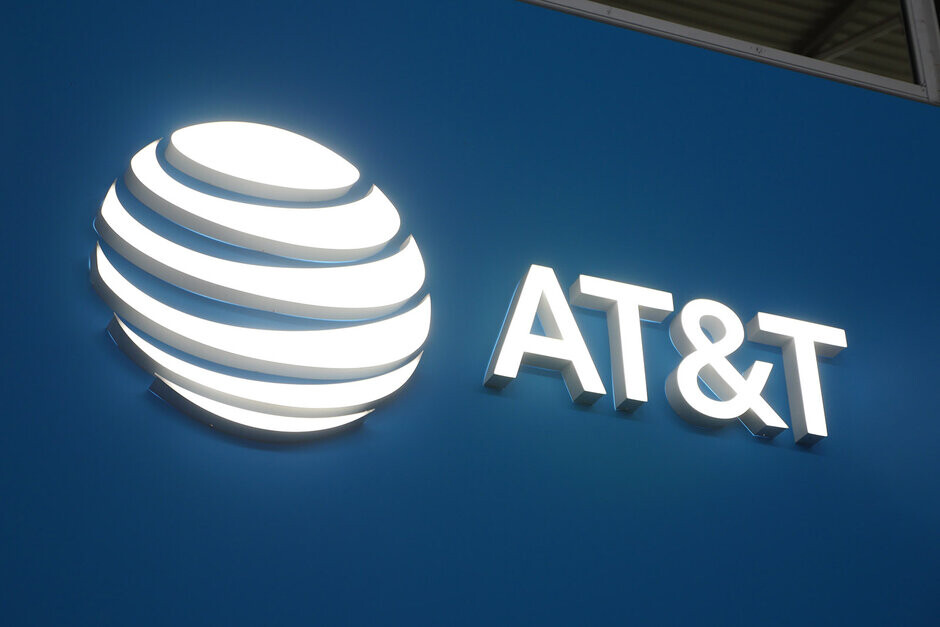Net neutrality is the Obama-era rule that forces ISPs and wireless providers to treat all streams of content the same. In other words, a company that streams video to subscribers can not pay a carrier extra money to have their streams sent over a faster network. When Ajit Pai was named Chairman of the FCC by Donald Trump in 2017, the regulatory agency voted to remove net neutrality from the books (Republicans voted for removal while Democrats voted to keep the rules on the books. The public, which wanted to keep net neutrality, was upset and certain states passed legislation that makes net neutrality the law in those states.
AT&T spins California’s net neutrality law the wrong way
AT&T also said that “Prior to California’s law, sponsored data customers were able to browse, stream and enjoy applications from sponsors without using their monthly data allowance. AT&T video providers utilized sponsored data to offer Data Free TV, allowing customers to stream their favorite movies and shows over their AT&T wireless service without it counting against their wireless data plan. AT&T Mobility has for years openly invited any entity to become a wireless data sponsor on the same terms and conditions. Since it began, our sponsored data service, and competing offers from other wireless providers, have delivered significant benefits and saved consumers money. Consumers also have enjoyed an explosion of video streaming services.”
Stanford law professor Barbara van Schewick, who worked on California’s defense of its “net neutrality” law, told ArsTechnica that “California’s net neutrality law doesn’t ban all zero-rating; it bans anti-competitive forms of zero-rating. The law does ban AT&T’s anti-competitive scheme where it counts almost everything people do on the Internet, including watching Twitch, Netflix, and their home security cameras, against users’ data caps, but doesn’t count the data from AT&T’s own video services.” The bottom line is that AT&T “zero-rated” its own streaming services and did the same for online service providers that paid AT&T in exchange for giving specific apps a “zero-rating.” Interestingly, when ArsTechnia asked AT&T why it doesn’t just zero-rate all streaming content as permitted under California’s net neutrality law, the carrier refused to answer.
AT&T might have misspoke when it said that California’s law forces it to shut down sponsored data in other states besides California. In a court brief back in 2020, California Attorney General Xavier Becerra said. “AT&T’s zero-rating plan currently permits users to turn their zero-rating on and off. Thus, contrary to AT&T’s assertions, it already has the capability to switch off zero-rating for users who opt out and can simply use that functionality to disable zero-rating for California users.”

